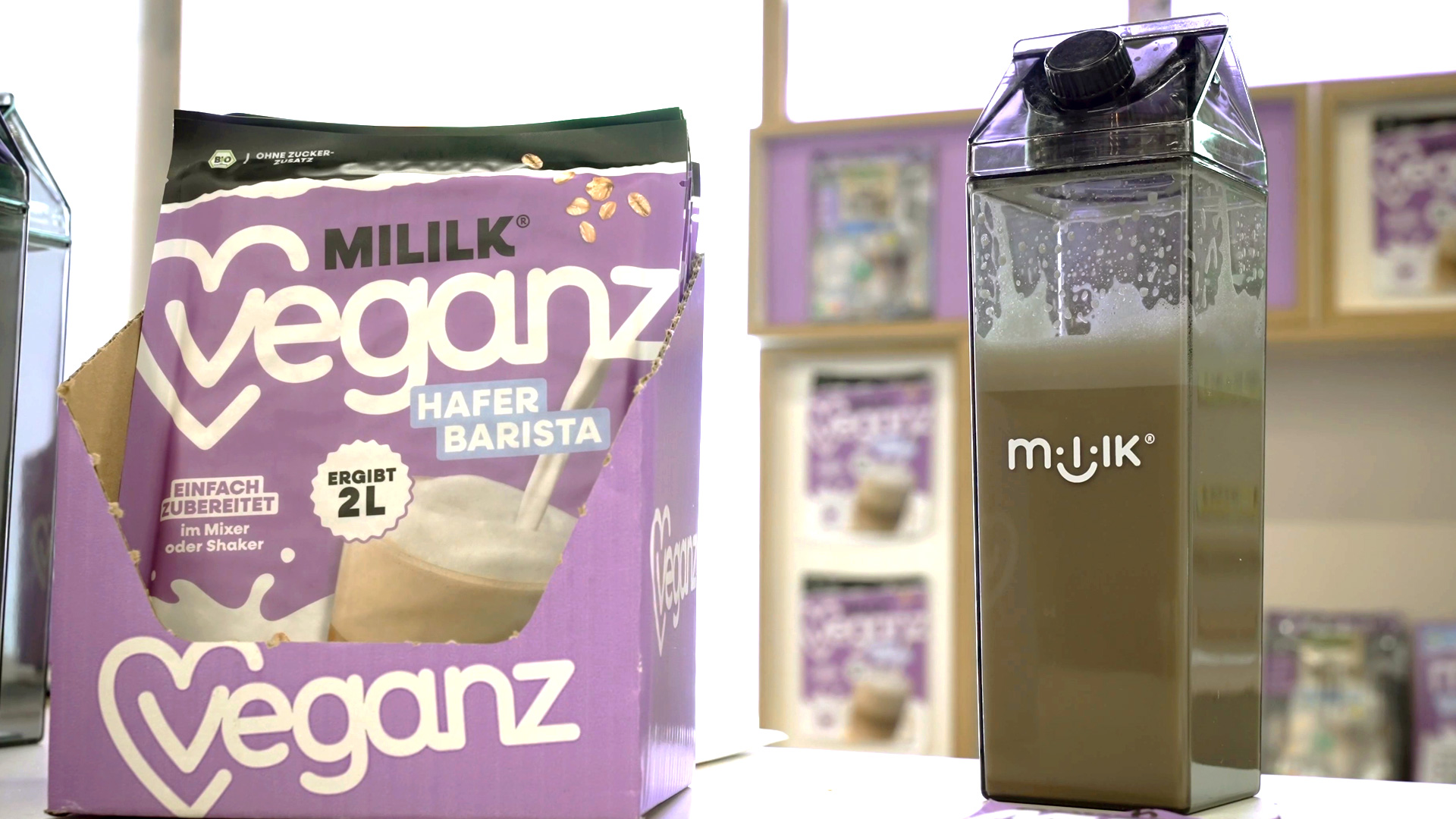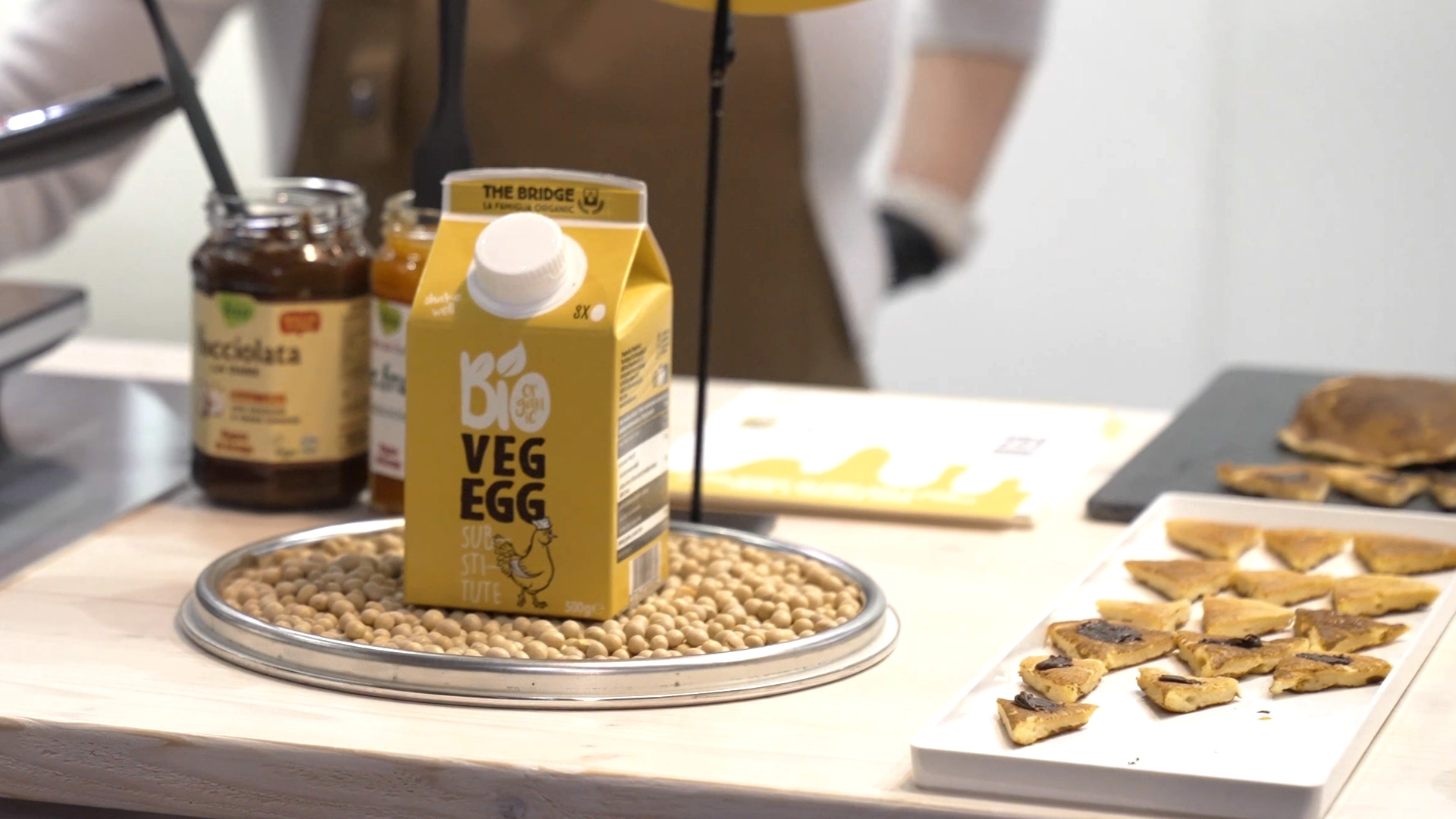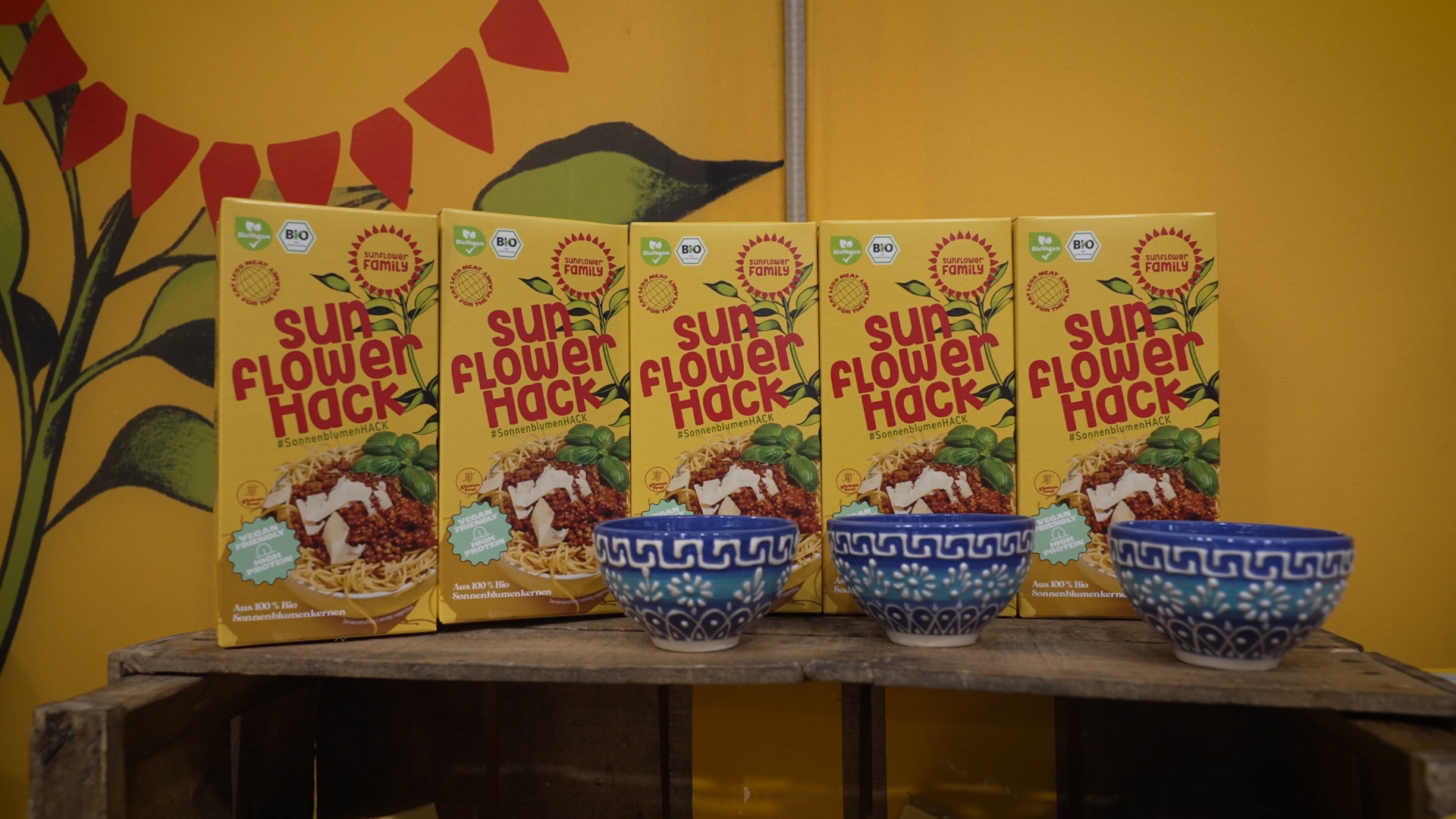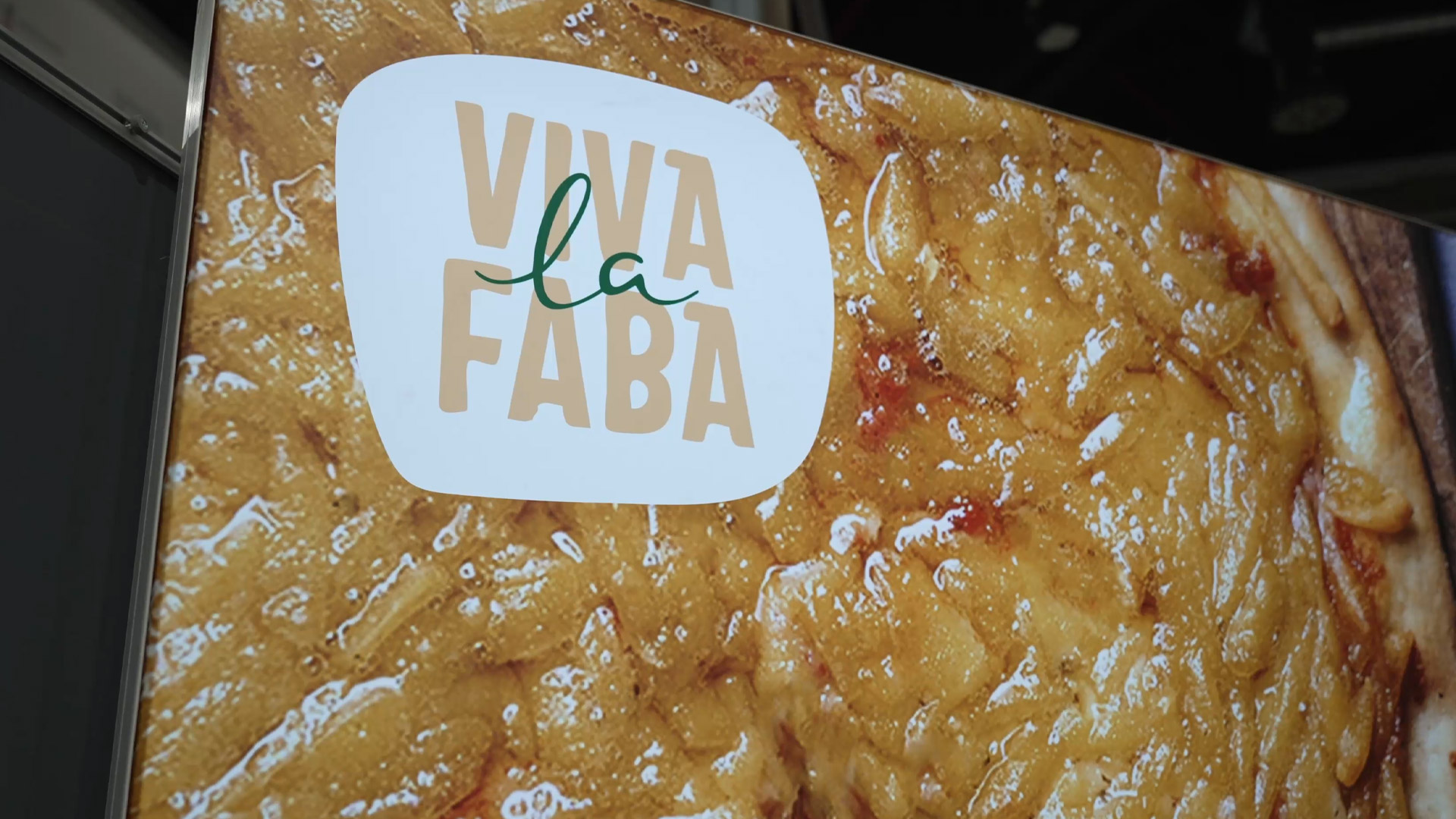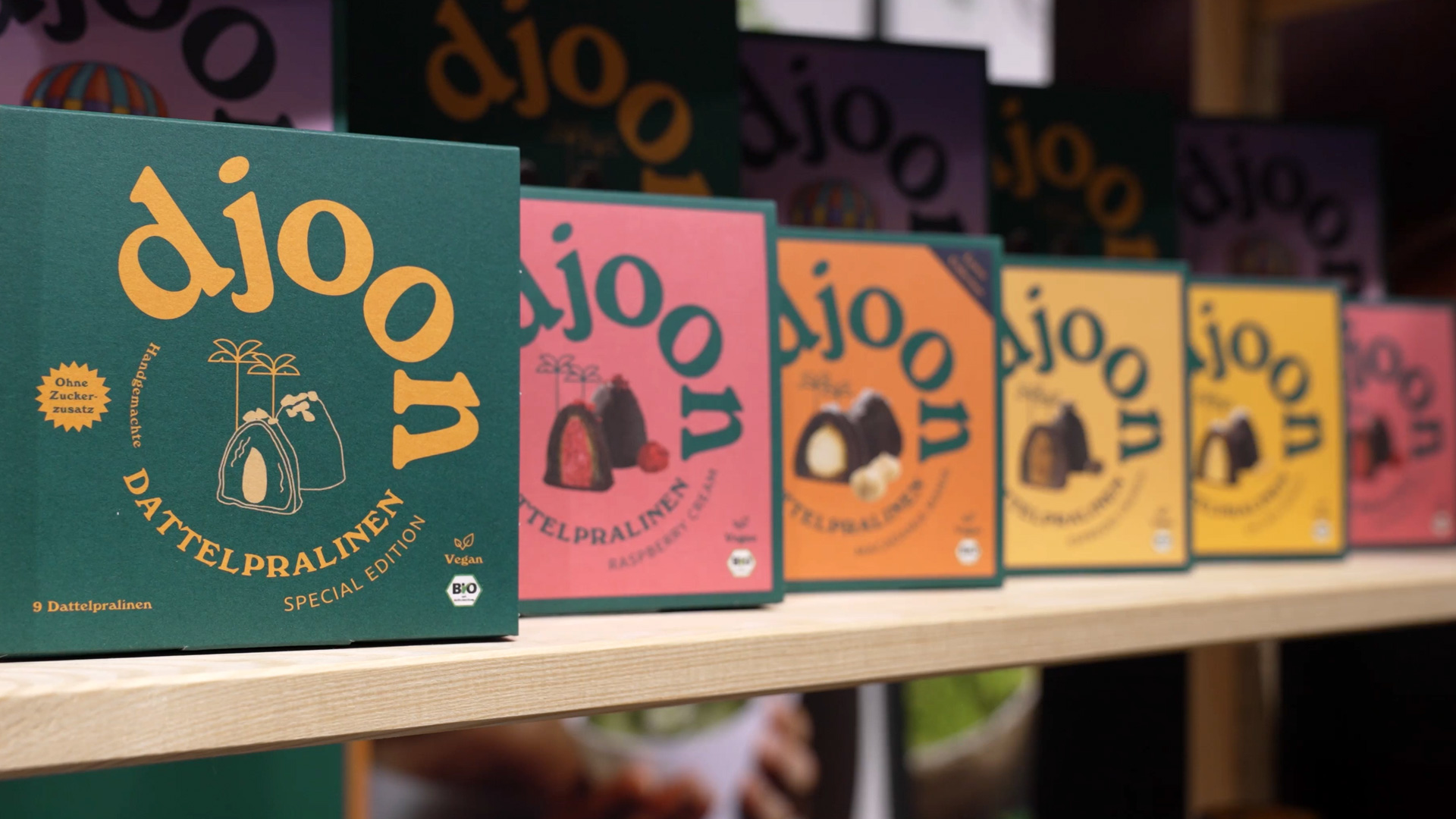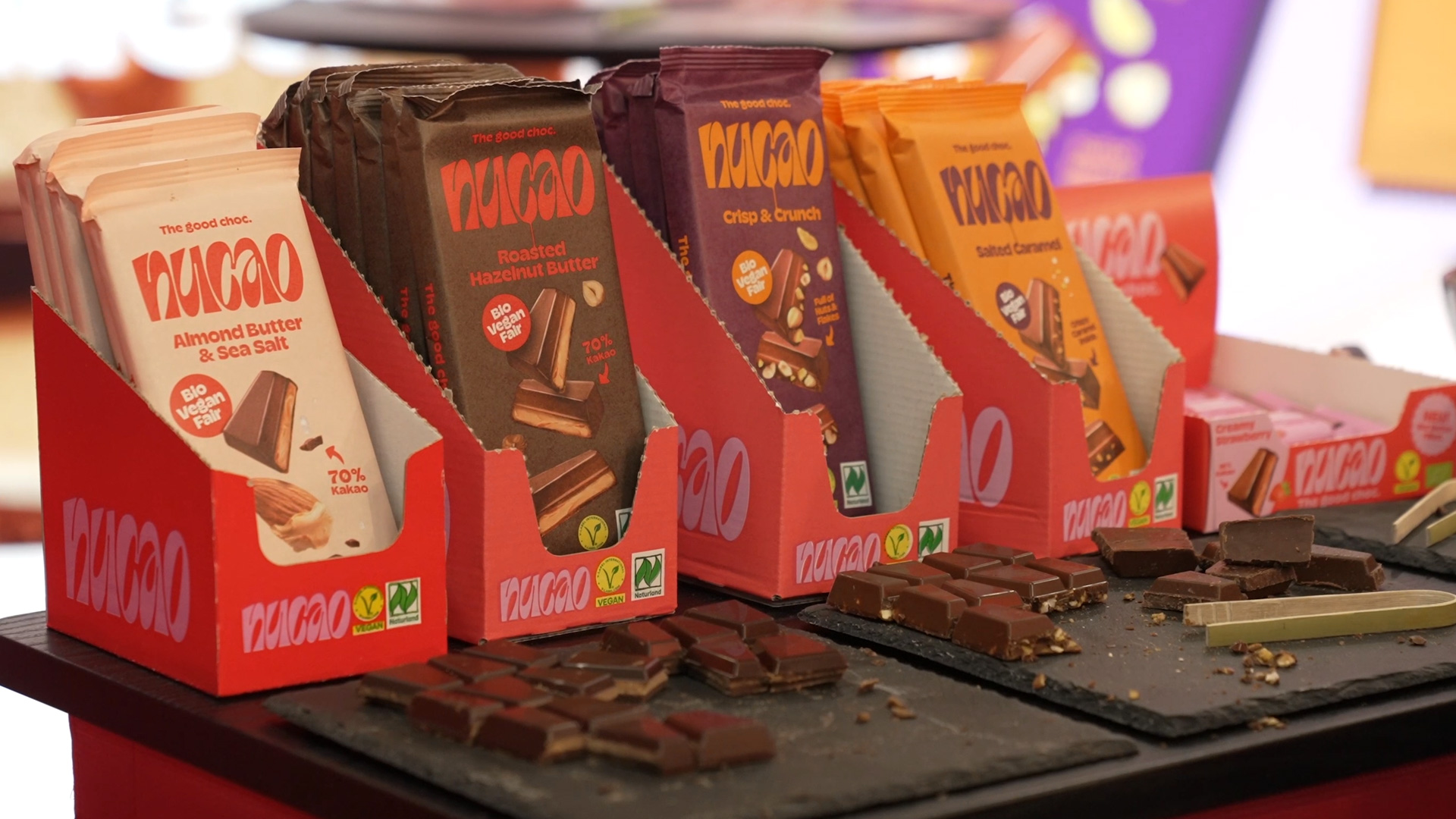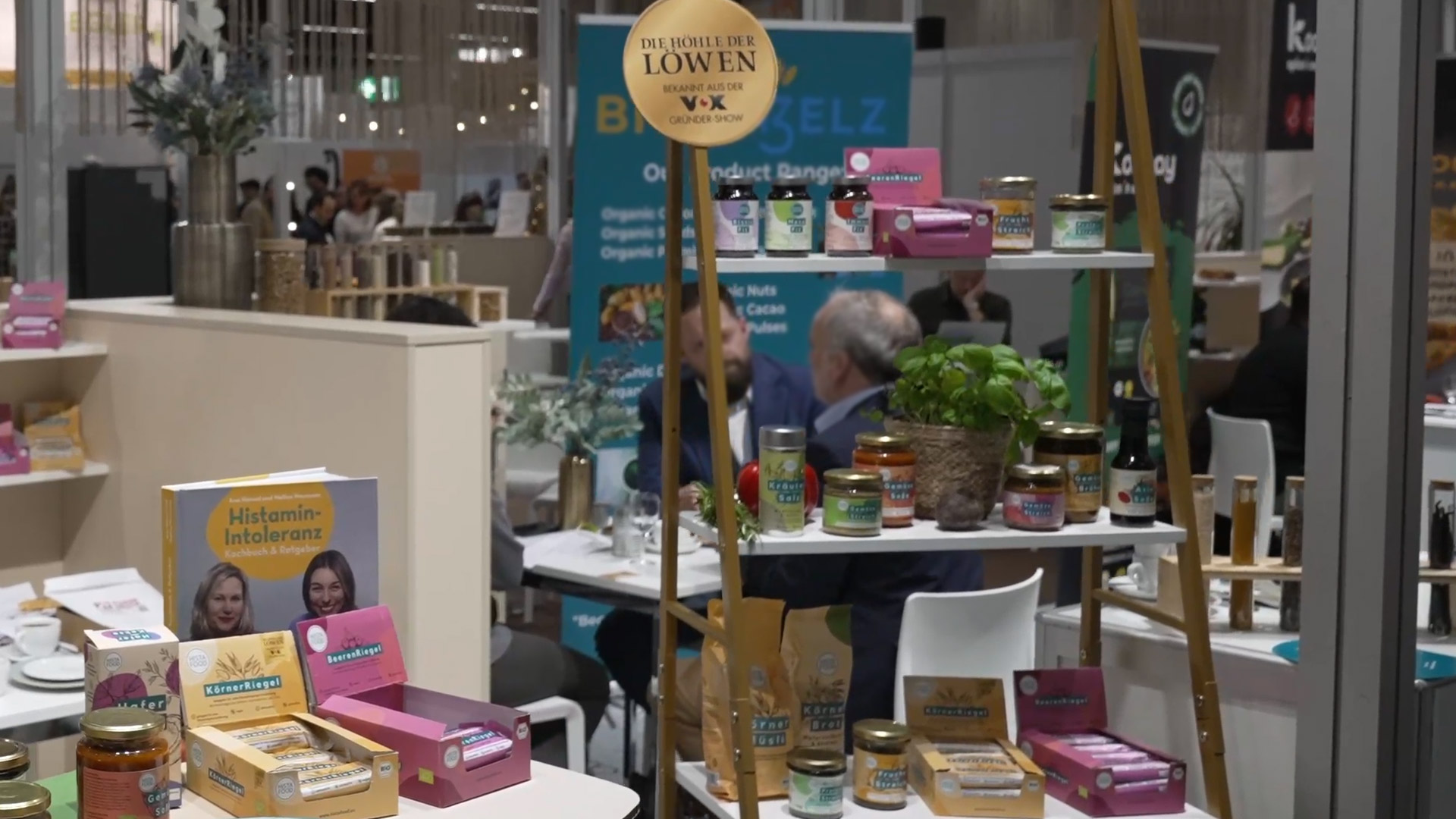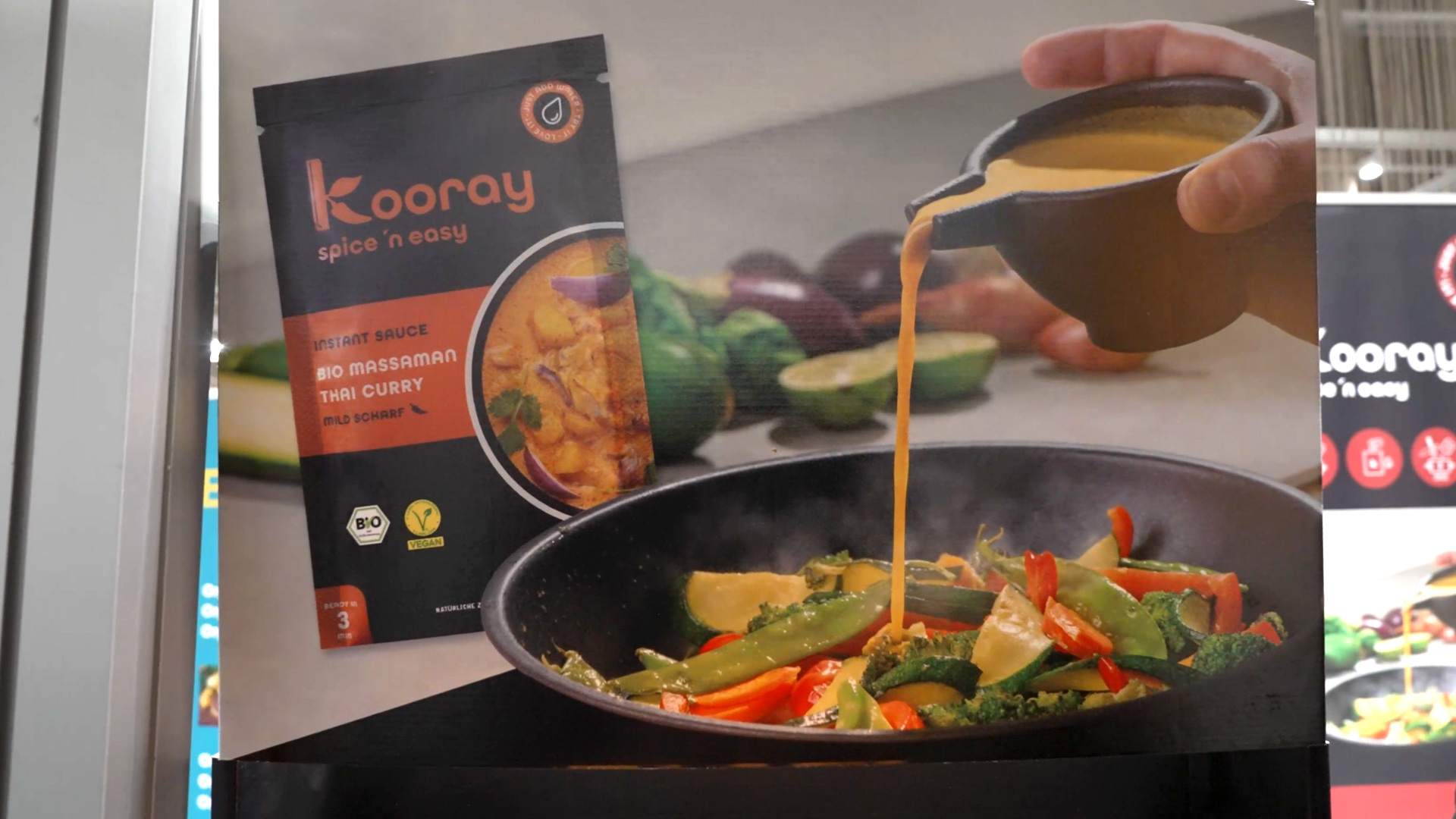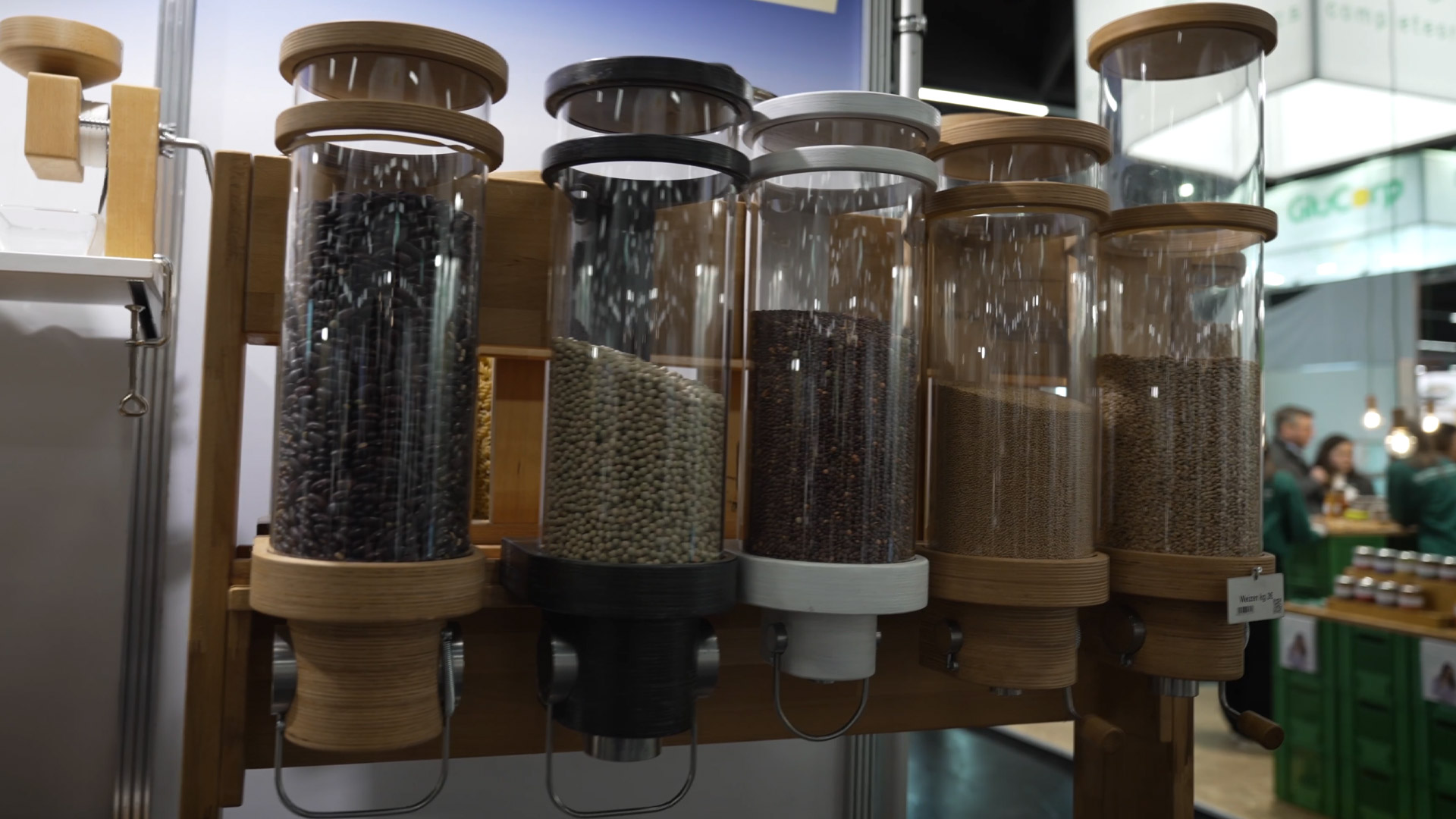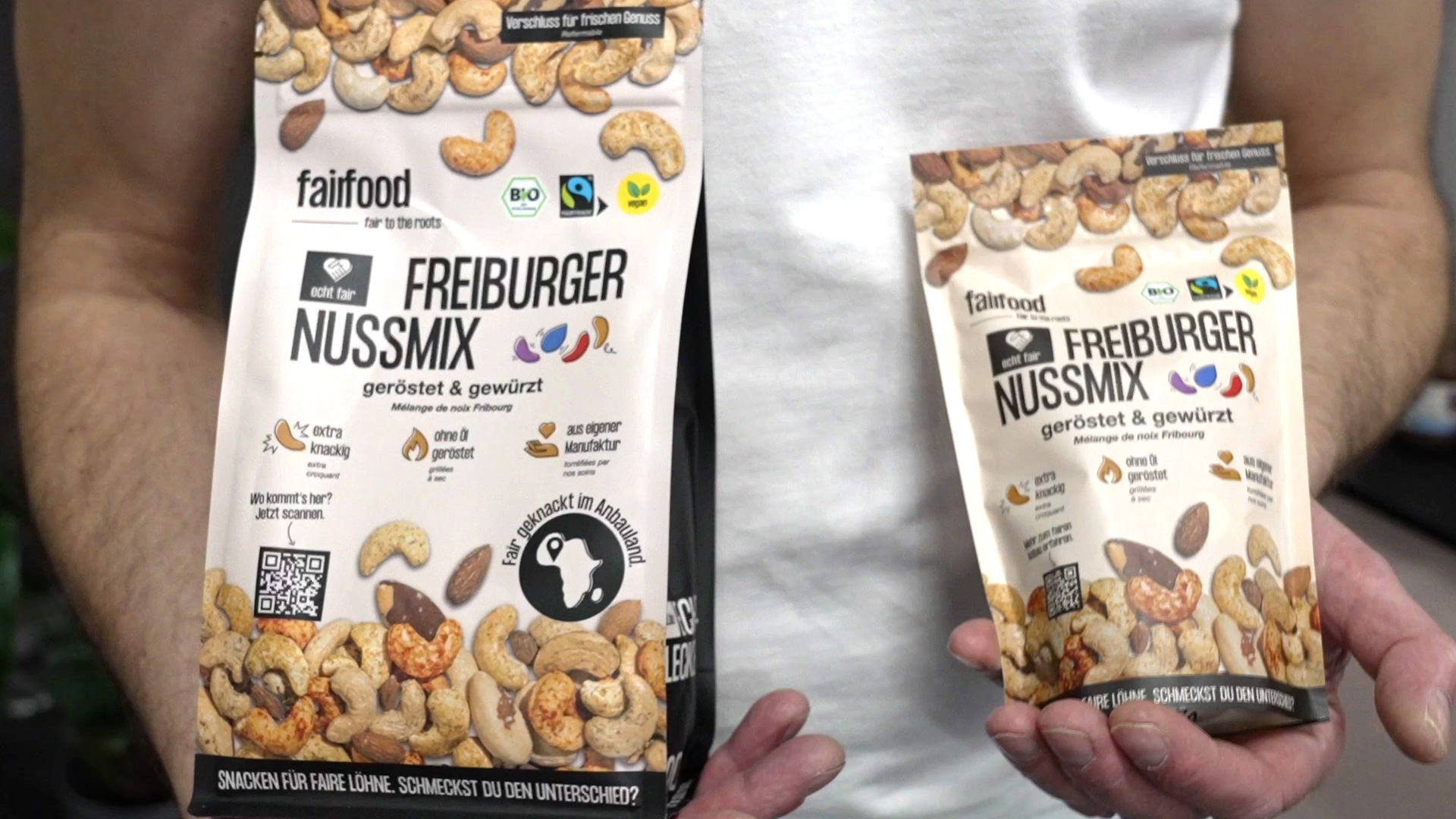Vegan organic trends 2025: plant-based, innovative, sustainable
Biofach 2025 once again showed how much plant-based nutrition has developed from a niche topic into a serious driver of innovation. Between tried-and-tested classics and genuine new discoveries, there were numerous products on display that have the potential to help shape the organic market in the coming years. A lot is happening, especially in terms of functionality, quality of ingredients and packaging.
More than a substitute: milk alternatives and egg without protein
Vegan milk and egg alternatives are nothing new - that's true. But what stood out at the trade fair was the noticeably improved quality: creamier, more stable, more nutritionally sound. Manufacturers such as The Bridge rely on simple, yet tasty recipes. Egg substitutes now also make a solid impression - not only in the pan, but also in professional use.
You can tell that manufacturers are no longer just developing "substitute products", but self-confident alternatives with their own character. This also increasingly applies to consumers who do not follow a strict vegan diet but consciously buy plant-based products.
New product categories: high-protein snacks and functional confectionery
Another highlight was products that rely on functional ingredients - such as high-fiber snacks made from dates, as presented by Djoon. Or dry mixes from SunflowerFamily, which work with sunflower protein. Viva la Faba, with its simple bean base, also shows how much can be achieved with just a few ingredients.
Such products are particularly appealing to people who want to avoid sugar or consciously eat a filling diet without having to resort to dieting. The line between snack, meal and food supplement is becoming increasingly blurred.
Allergy-friendly and functional: nutrition becomes more individual
It is also interesting to see how specifically some brands respond to special needs. HistaFood, for example, manufactures products that are suitable for a low-histamine diet. This is an area that has long been under the radar - but certainly attracted attention at the trade fair. Gluten-free, nut-free or particularly easily digestible products were also specifically integrated into the range.
This is no longer just about vegan nutrition, but about solutions for people who have to pay very close attention to their diet - whether for health or ethical reasons.
Packaging freedom and fairness: sustainability taken further
Another thing that stuck: the interest in new packaging concepts. Whether reusable systems such as those offered by Pfandfrei.de or unpackaged goods in cooperation with Unverpackt e.V. - many manufacturers are looking for practical approaches to avoid waste without having to compromise on hygiene or convenience.
Not everything seems ready for the market, but the will to change is clearly evident. At the same time, customers today are more critical: transparency in terms of origin, ingredients and supply chain is increasingly becoming a purchasing decision - a point that Veganz, for example, has clearly recognized.
Conclusion: Plant-based innovations with growing market potential
The Biofach 2025 made one thing clear: vegan products no longer have to be defined by abstinence. The most exciting new products were those that tell their own story - be it about origin, ingredients, social responsibility or simply through good product design. It's no longer about tasting "like the original", but about complementing it in a meaningful way. And this is exactly where the potential lies: in well thought-out products that are plant-based without having to justify themselves.
